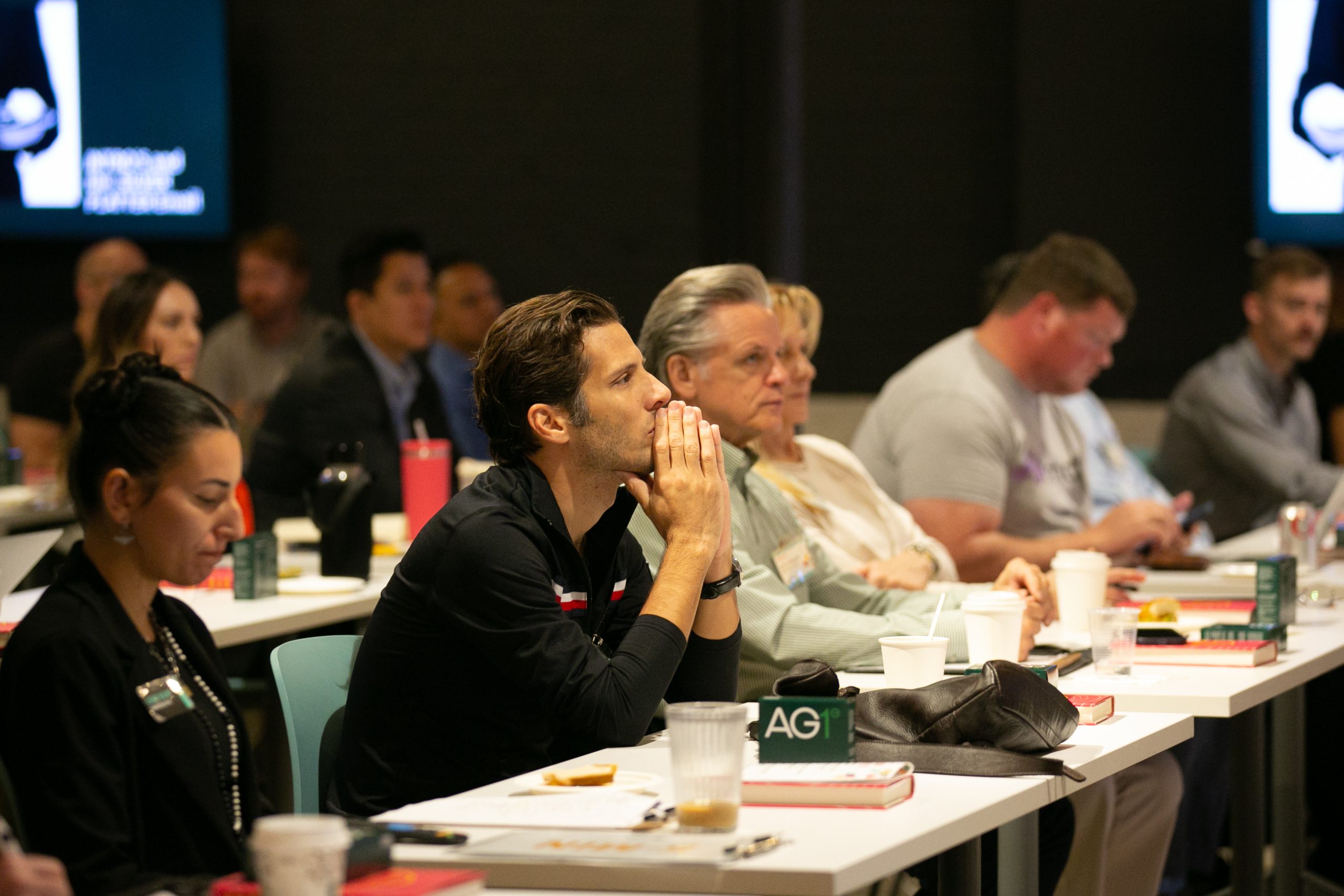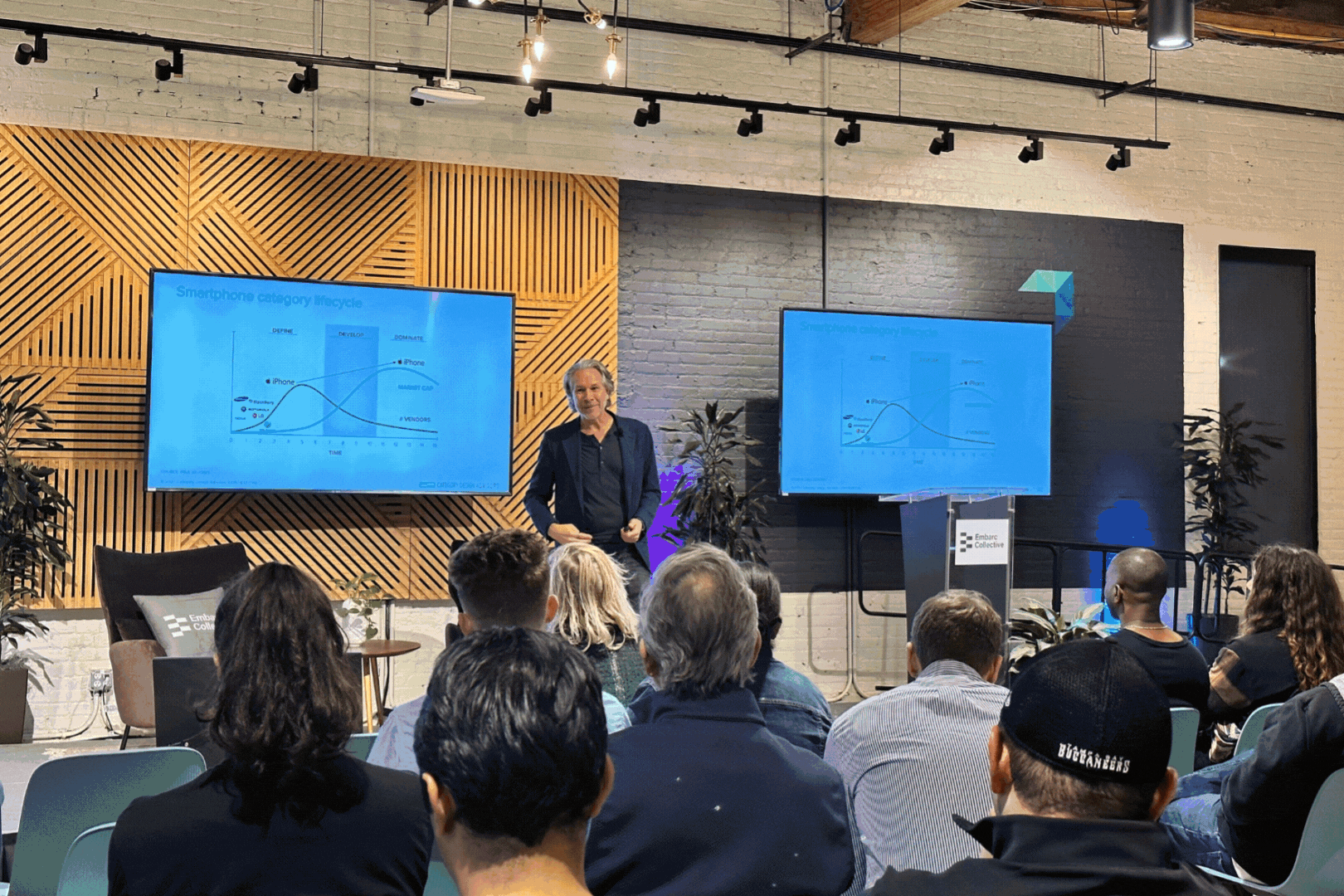MAKE YOUR INVESTOR COMMUNICATIONS HUMAN
During the investor panel, each panelist strongly expressed how important it is to keep communications with investors human. While it may be easy to send communications to investors in mass, you are working against your interest by keeping the conversation sterile. Tailor your cold outreach via email or Twitter by understanding their stage, sector, geographic focus, and existing portfolio. Investors are in it for the long haul and want to get a sense of who the people are behind the companies they are investing in. Connect with them authentically to build memorable, lasting relationships.
BE TACTICAL ON HOW YOU SPEND TIME WITH INVESTORS
Scott Lopano recommends founders do their research on any investor they plan to engage with. It’s important for founders to get a sense of where prospective investors are spending their time and money. If they haven’t invested in a city before or don’t make trips to that city frequently, the likelihood they’ll be a value-add investment is low. They most likely won’t be able to give you the time and support you need as an early-stage company. Spending 15 minutes digging through an investor’s or fund’s portfolio to better understand what type of companies and where they are making investments can save you time and wasted money on travel. Check investor’s social media accounts, especially Twitter and Medium, to see what they are sharing and writing about. Their online activity can also tell you more about their investment style.
BOTH FOUNDERS AND INVESTORS NEED TO WORK ON CHANGING THE INVESTMENT LANDSCAPE
Christy Brown says founders in our region shouldn’t need to leave their region to find capital. However, for founders to stay, local investors need to change the message in the Southeast. Investors have the ability to bring capital to the ecosystem. There are funds and investment groups who don’t know about the founders or opportunities in the Southeast. When companies go west, investors here lose out on the opportunity and in turn, companies here don’t get capital from local investors. Christy says the Southeast has the natural ability to scale and grow with the capital we need. She encourages investors to do a better job championing this message. Scott Lopano reminds founders to consider local capital as well. There are plenty of opportunities that can bring investors to the city. Those who are willing to fly out are also those that are willing to write checks in those communities. At the end of the day, it does take diligence on your end, and theirs, to find a good fit.
STAY SUPER LEAN UNTIL THERE IS SOME SEMBLANCE OF PRODUCT MARKET FIT
Monique Villa says Mucker Capital invests in early-stage companies that closely resemble a replicable sales model. If you have no revenue, but you have done real groundwork to define your ideal customer profiles, create a clear picture of what the competition looks like and you have some form of creative hack to out-compete the competition, this is attractive to investors — regardless of what you have under the hood or not. If you have a thoughtful plan on how to go to market, it makes sense to bring in money. Having some version of the product that’s functioning with a list of customers you know you can deliver to is also important to investors in the consideration process.




